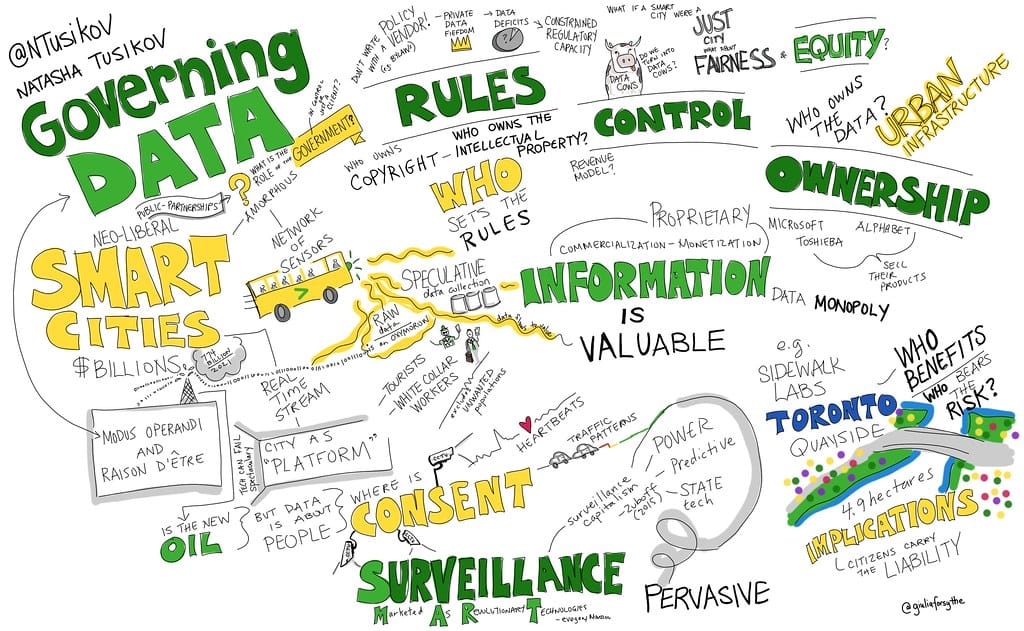JPMorgan's Data Monetization Move Sends Shockwaves Through Fintech Industry
America's largest bank is preparing to flip the script on how financial data flows through the digital economy, and fintech companies are scrambling to understand what it means for their bottom line.
JPMorgan Chase, which controls roughly $3.2 trillion in assets and serves over 66 million households, recently announced plans to begin charging third-party financial technology companies for access to customer data. This marks a dramatic departure from the current system where banks typically provide this information at no cost through open banking APIs, potentially reshaping the entire fintech ecosystem.
The Current Data Sharing Landscape
For years, fintech companies have relied on free access to customer banking data to power their services. Whether it's budgeting apps like Mint, investment platforms like Robinhood, or lending services like SoFi, these companies depend on real-time access to transaction histories, account balances, and spending patterns to deliver personalized financial insights.
This data sharing typically occurs through Application Programming Interfaces (APIs) or third-party aggregators like Plaid, Yodlee, and MX. Until now, most major banks have treated data access as a customer service—a way to meet consumer demand for integrated financial experiences without direct monetization.
JPMorgan's Strategic Shift
The banking giant's decision to monetize data access represents a significant strategic pivot. Industry sources suggest JPMorgan views its vast customer data repository as an undervalued asset, particularly as the bank invests billions in digital infrastructure and AI capabilities.
"We're looking at all aspects of our business model and ensuring we're appropriately compensated for the value we provide," a JPMorgan spokesperson indicated in recent industry discussions, though specific pricing structures remain undisclosed.
This move comes as traditional banks face mounting pressure from fintech competitors who often offer more intuitive user experiences and specialized services. By monetizing data access, JPMorgan could generate new revenue streams while potentially slowing fintech innovation that relies on free data flows.
Fintech Industry Concerns Mount
The announcement has triggered anxiety across the fintech sector, where companies built their entire business models around the assumption of free data access. Smaller fintech startups, already operating on thin margins, face the prospect of additional costs that could threaten their viability.
"This could fundamentally alter the economics of financial technology," warns Sarah Chen, a fintech analyst at Digital Banking Research. "Companies that provide free services to consumers while monetizing through other channels may need to completely rethink their strategies."
Particularly vulnerable are personal finance management apps and robo-advisors that offer free services to consumers. These platforms typically generate revenue through premium subscriptions, affiliate partnerships, or by selling aggregated insights to other companies. Adding data access fees to their cost structure could force many to introduce consumer fees or shut down entirely.
Broader Industry Implications
JPMorgan's move could signal the beginning of a broader industry trend. Other major banks are likely watching closely to see how the market responds, and successful implementation could prompt similar charges across the banking sector.
This shift also highlights the growing tension between traditional financial institutions and fintech disruptors. As digital transformation accelerates, banks are increasingly protective of their data assets and customer relationships, viewing them as competitive advantages rather than public utilities.
The timing is particularly significant as regulatory frameworks around open banking continue to evolve. While Europe has mandatory open banking requirements, the U.S. has taken a more market-driven approach, allowing banks greater discretion in data sharing policies.
What This Means Moving Forward
JPMorgan's data monetization strategy represents more than a simple pricing change—it's a fundamental shift in how financial data is valued and exchanged. For fintech companies, this development demands immediate strategic reassessment and potentially significant pivots in business models.
The most successful fintech companies will likely be those that can demonstrate clear value propositions worth the new data costs, either through premium services, unique insights, or superior user experiences. Meanwhile, smaller players may need to consolidate or find alternative data sources to remain competitive.
As this story develops, the fintech industry's response will determine whether JPMorgan's gambit succeeds or backfires. One thing is certain: the era of free financial data access appears to be ending, and the digital finance landscape will never be quite the same.
